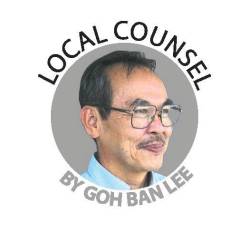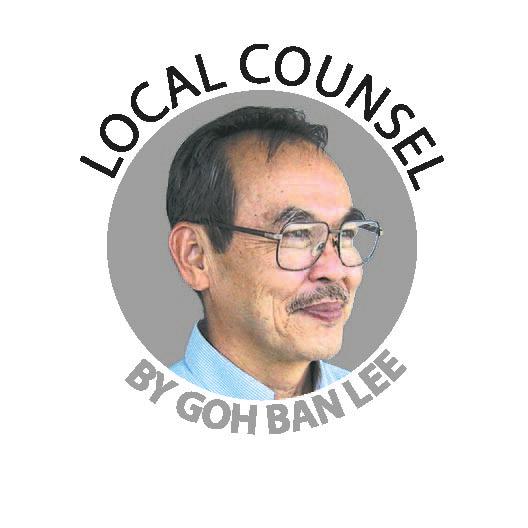TUN Dr Lim Chong Eu was born on May 28, 1919 and passed away on Nov 24, 2010. This year is the 100-year anniversary of his birth.
The Penang Institute, the think-tank of the Penang state government, has commemorated his centenary birthday by launching a book titled Lim Chong Eu - From Free Port to Modern Economy: Economic Development and Social Change in Penang, 1969 to 1990. It is commendable that the institute has chosen to honour the life and work of Lim in this way.
The launch of the book is also in conjunction with the 50th anniversary of the Penang Development Corporation, the state development agency founded by Lim in 1969, and placed under the stewardship of Datuk Seri Chet Singh, who was its general manager for 20 years.
Lim was the second chief minister of Penang from 1969 to 1990. He was also the founding president of Party Gerakan Rakyat.
Penang lost its free port status in 1967. The economy was not doing well and unemployment rate was very high. To solve this problem, Lim was determined to connect Penang to developed economies.
Few international companies then were aware of this island in Southeast Asia. But with the establishment of the PDC and later the State Planning and Development Committee, Lim and his team were successful in persuading multinational companies to set up factories in Penang.
Large tracts of land were set aside to create two free trade zones and new townships. On the island, it is the Bayan Lepas Free Trade Zone and the township of Bayan Baru. Companies such as National Semiconductors, AMD, Hewlett-Packard, Intel, Hitachi and Bosch set up factories in the industrial zone.
I first met Lim while still a student at Universiti Sains Malaysia in 1972. I was the secretary-general of the students’ union, and was part of a delegation that met Lim in Bangunan Tuanku Syed Putra, the seat of the state government at that time. During the meeting, I came to know that Lim was very focused on the development of Penang during those challenging times.
Among other topics, we discussed a job training scheme for unemployed youths, where the participants would be given an allowance and training in exchange for working as parking attendants for four hours a day. This idea was soon put into practice. This kind of training can be seen as a precursor to Penang being the first state in Malaysia to set up a skills development centre. The Penang Skills Development Centre was established in 1989.
Years later, as a Research Fellow at the centre for Policy Research in USM, I continued to meet Lim occasionally. I was fortunate to attend some meetings he chaired at the state government and the PDC. He was always focused on the task at hand. He would visit development sites scheduled for discussion on the agenda before the meetings. Thus, he expected the government officers attending the meetings to also have been more than prepared, and to be knowledgeable about the sites and issues to be discussed.
Lim commanded respect at these meetings. The officers would not arrive late, and once there, they would listen with full attention. Somehow, few had the urge to go have a smoke outside, even though smoking was not frowned upon in those days. Indeed, many officers felt that serving under Lim was a badge of honour they proudly cherished. For me, it was a privilege just to observe him in action.
Soon after his death, in honour of his immeasurable contributions to Penang, the state government renamed the Jelutong-Bayan Lepas expressway the Tun Dr Lim Chong Eu expressway.
Lim’s success in Penang’s industrial transformation was felt in the whole of Malaysia and not just on the island itself. As Tun Dr Mahathir Mohamad wrote in his blog during Lim’s passing in 2010, “It was as a Chief Minister that Tun Dr Lim made Foreign Direct Investment a by-word in Malaysia and perhaps in the world. He brought the first foreign investments in electronics to Penang. It was the best thing to overcome unemployment which had plagued Malaysia till then”.
Datuk Dr Goh Ban Lee is interested in urban governance, housing and urban planning. Comments: letters@thesundaily.com










